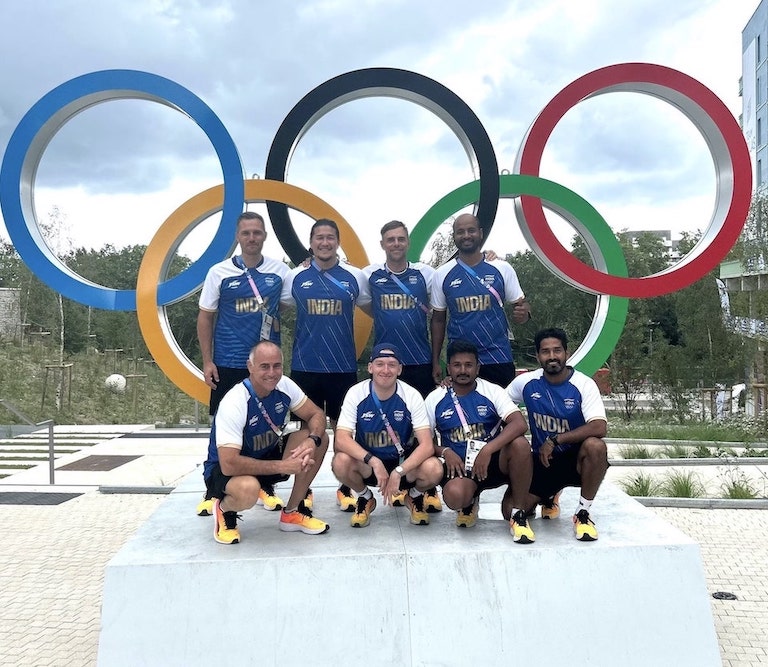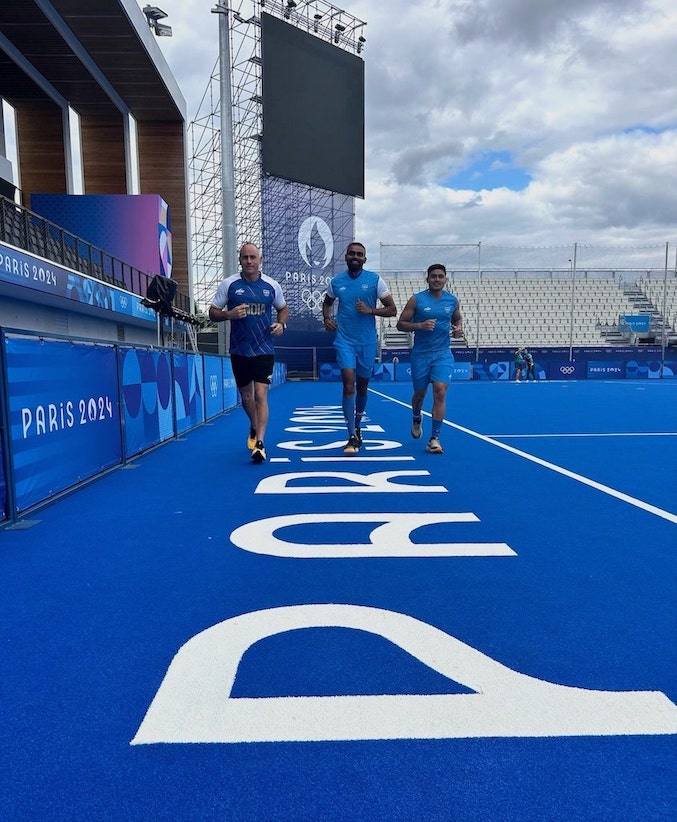According to figures released by the World Health Organisation (WHO) in July, 60 to 70 million people in India suffer from common and severe mental disorders. However, numerous hurdles are standing in the way of addressing the situation.
Aside from the fact that the ratio of psychiatrists (0.3), psychologists (0.07) and social workers (0.07) per 100 000 people is woefully low compared to the ratio of psychiatrists in developed countries (6.6 per 100 000), stigmatisation of those battling mental disorders continues unabated.
It is no secret that India’s economy is surging ahead, with McKinsey & Co. reporting the government has set a target of growing the country’s GDP to $ 19 trillion by 2047, creating 600 million jobs in the process.
However, there remains extreme reluctance to disclose anxiety, depression and other mental conditions at work.
Upton, celebrated for the role he has played in creating a winning mindset among Indian sports teams, has also enjoyed considerable success in the corporate sector, where all too often he sees the negative effects “outdated dictators” lacking emotional intelligence have on staff.
Behaviour of Leadership
In cases where leaders’ behaviour becomes overbearing, employees’ mental health declines to the point that they suffer breakdowns and may even be forced to leave the business.
“When somebody is placed under too much stress, they are either forced to leave through illness, they leave voluntarily, or they mentally check out and simply go to work to tick a box, get the paycheck, and not get into trouble. In all three situations, productivity and culture take a significant nosedive,” Upton says.
The “Insights from India’s Best Workplaces in Health and Wellness 2023” report, released earlier this year, surveyed thousands of Indian employees from over 210 organisations and established that a quarter of all workers struggle to voice mental health issues for fear of judgment.
Upton says it has become imperative for organisations to have mental support measures to help people constantly stressed over deadlines and meeting targets, particularly those in major Indian industries like IT and finance.
He is pleased to note, however, that organisations are starting to move away from the era where autocratic leaders were widely celebrated.
“We are recognising the power-hungry authoritarians for who and what they are, and I think that’s one of the reasons why the stigma is changing. Now, you have more emotionally mature, respected leaders saying, “Mental well-being is important; let me lead to help alleviate rather than worsen it.”
He says many older-generation business leaders have failed to embrace the fact that the knowledge that was once exclusively theirs is now freely available on the Internet. This has meant their authority has been greatly diminished, and they will have to learn to work with rather than laud over employees.
Much of the change comes from leaders with good heads, big hearts, and the backbone (courage) to connect the two. One of their great attributes within the business context is putting employees in the best possible mind space to be fully present in their work.
Engaged employees who are invested in their work bring their best thinking and problem-solving capabilities instead of only being physically present or on “autopilot” from a mental perspective.
Upton’s reputation as a sports mentor precedes him, having helped India win the 50-over ICC Cricket World Cup in 2011 and most recently, guide the men’s hockey team to the semifinals of the Paris Olympics.

(Front left to right): Paddy Upton, Artur Lucas, Arup Naskar, Shivendra Singh
Hailed by professional cricketers as one of the great coaches of the modern era, he is known for instilling clarity of vision in those who find themselves in pressure situations, be they in the sporting or business arena.

(Left to right): Paddy Upton, PR Sreejesh, Krishan Pathak


